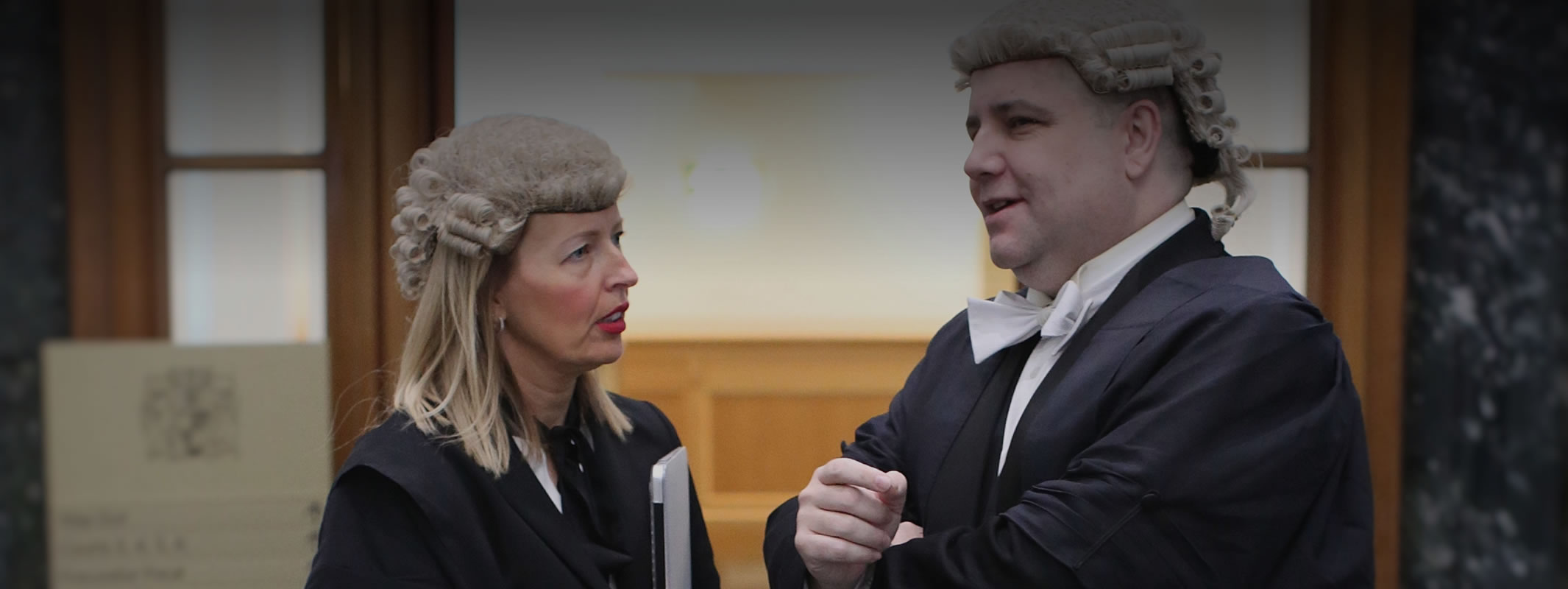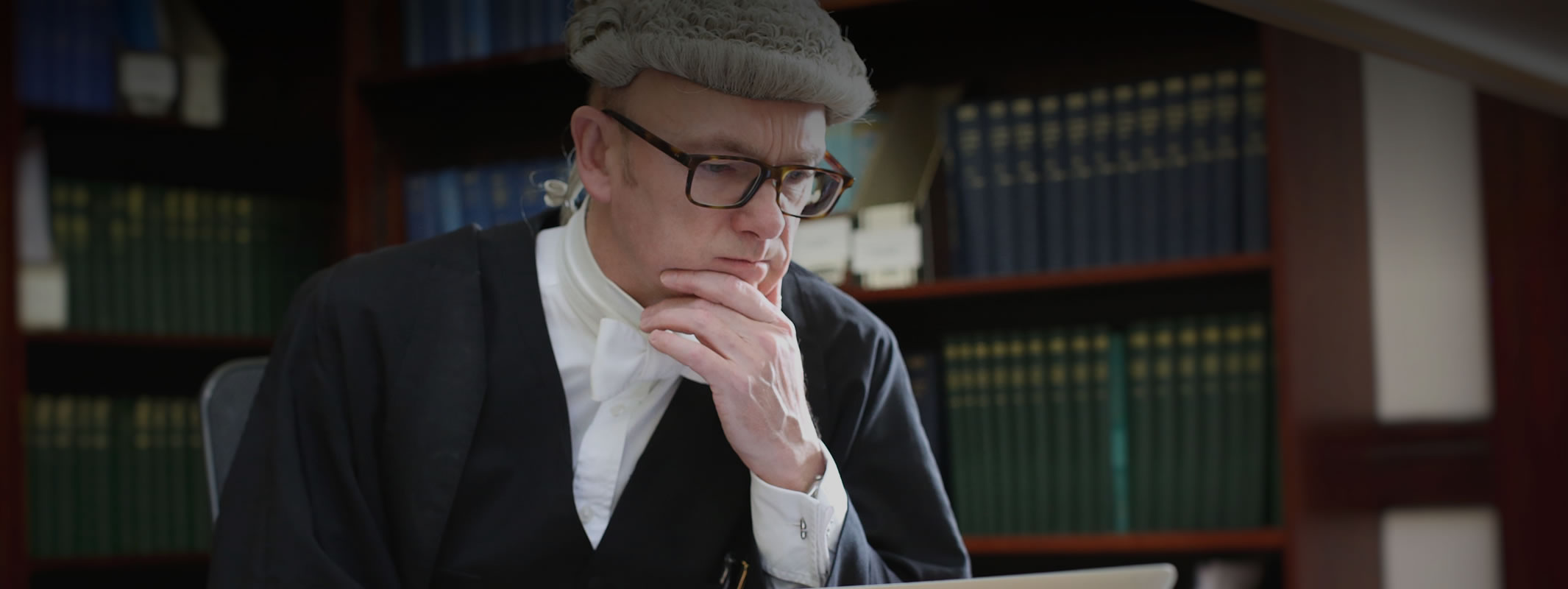Optimum Advocates,
Glasgow High Court,
1 Mart Street,
Saltmarket,
Glasgow.
G1 5JT
Briefing Paper on the Convention-compatibility of new pre-trial defence disclosure regime
Lewis Kennedy, Advocate.
Defence Statements under section 70A of the Criminal Procedure (Scotland) Act 1995:
Introduction:
Defence statements are now a statutory requirement in respect of solemn cases commenced after 6 June 2011[1], under section 70A in the Criminal Procedure (Scotland) Act 1995 (as inserted by section 124 of the Criminal Justice and Licensing (Scotland) Act 2010).
It is a matter of some concern that these provisions constitute an erosion of the common law adversarial system. In recent years, there has been a perceptible movement away from the traditional adversarial model towards a more inquisitorial form of trial – with the judicial micro-management of cases dressed up with the antiseptic label of ‘case management’. A culture has emerged subordinating procedure to substance. With this new regime, there is an increased risk that the judge might enter the arena too enthusiastically, acting as an advocate and second prosecutor – such that the impartial administration of justice might appear to be prejudiced.
In England, the correlating legislation could at least be said to have been directed towards assisting in the operation of a more sophisticated and regulated disclosure regime. Here, the equivalent legislation has no stated purpose. Certainly, there is no indication as to the rationale behind this legislation in the Explanatory Notes in the Criminal Justice and Licensing (Scotland) Act 2010.
This paper considers whether the requirement for an accused person to lodge a ‘defence statement’ is in breach of general fair hearing requirements (as guaranteed by Article 6(1), ECHR); the Convention right to ‘equality of arms’, in the regulation of respective disclosure requirements for the Crown and defence (under Article 6(1) and Article 6(3)(b)); the Convention right to a presumption of innocence, the right to silence and the privilege against self-incrimination (in terms of Article 6(2)); and the right to legal professional privilege in the conduct of an accused’s defence at trial (under Article 6(3)(c)).
If so, it could be argued that these newly enacted provisions are ultra vires – in so far that this legislation has exceeded the legislative competence of the Scottish Parliament – thereby precipitating a ‘Devolution Issue’ Minute.
The information required:
Section 70A(9) provides as follows:-
‘(9) In this section, “defence statement” means a statement setting out-
the nature of the accused’s defence, including any particular defences on which the accused intends to rely,
any matters of fact on which the accused takes issue with the prosecution and the reason for doing so,
particulars of the matters of fact on which the accused intends to rely for the purposes of the accused’s defence,
any point of law which the accused wishes to take and any authority on which the accused intends to rely for that purpose,
by reference to the accused’s defence, the nature of any information that the accused requires the prosecutor to disclose, and
the reasons why the accused considers that disclosure by the prosecutor of any such information is necessary.’
It can be seen that there is an obligation upon the defence to include a considerable degree of information – in particular, any matters of fact with which the accused takes issue in the prosecution case, and his reasons for doing so (paragraph (b)); and particulars of the matters of fact on which the accused intends to rely for the purposes of his defence (paragraph (c)).
Indeed, the defence must give notice of any issues, which may be in dispute – implying that the defence must subsequently obtain leave of the Court to argue issues, which have not previously been identified in the defence statement.
Depending on what is said in the defence statement, further disclosure of prosecution material, which is relevant to the stated defence, may be triggered.
The relevant form is prescribed by the Act of Adjournal (Criminal Procedure Rules Amendment No. 4) (Disclosure) 2011, which provides (7A.2.) that the ‘defence statement’ lodged under section 70A shall be in Form 7A.2-A. The form requires to be served upon the Crown and any co-accused.
The time limit for compliance is extremely short – the form must be lodged at least 14 days before the First Diet in Sheriff and Jury proceedings; and the Preliminary Hearing in High Court proceedings.
Unsurprisingly, the provisions do not impose any corresponding obligation upon the Crown. It is not as if the prosecution is required to supply a ‘case statement’ – or if the Court has been empowered with a discretion to order production of a case statement’ by the Crown.
Sanctions for non-compliance:
On the basis of the English experience, it would appear that it is not open to the defence lawyer to advise his client not to file a ‘defence statement’.
However, though the statutory obligation is mandatory, there do not appear to be any identified sanctions for non-compliance in terms of the Scottish legislative scheme.
Nonetheless, the very real risk is that an accused might be left open to cross-examination, and adverse comment from the Crown; a co-accused’s lawyer; and the trial Sheriff.
It is not immediately apparent from the wording of the Scottish statute that the Court might draw adverse inferences from non-compliance – but equally, this prospect is not expressly excluded. It would appear that on the basis of the relevant English interpretative case law, whether or not adverse comment is permitted is a matter for the Court’s discretion.
Failure to comply could even be regarded as an obstruction of justice and/or a Contempt of Court.
Meanwhile, an accused person could conceivably be prosecuted for making a false exculpatory ‘defence statement’. As a condition of defending himself the accused risks a perjury prosecution.
It is a matter of particular concern that the defence lawyer even could be found in Contempt of Court if he has failed, without reasonable excuse, to comply with this mandatory requirement.
The ‘errant’ or non-compliant lawyer could also be the subject of a disciplinary complaint to his regulatory body. Or to the Scottish Legal Aid Board (with the implied threat of de-registration and an ensuing loss of livelihood). [10] It is not know whether it is seriously being suggested that the Court is not just to try a case, but is to discipline parties for the conduct of their cases.
Possible aggravating factor in sentence:
Perhaps more practically, it is likely that the failure of the accused (or of his lawyer acting on his instructions) to comply would be regarded as an aggravating factor in sentencing in the event of conviction.
Notifying all elements of the offence as being in dispute would almost certainly be held against the accused. As would giving notice that all issues are in dispute, without identifying the particular issues in dispute. Or a failure to notify adequately the issues in dispute; or even by maintaining that some issues remains in dispute. Even the existence of a single outstanding disputed issue might subsequently test the patience of certain sentencers.
Lewis Kennedy, Advocate
We should always be wary of euphemistic language. We should remember to speak of the Police Office – and not the Police Station – because a Police Station is an intimidating and sinister venue. We used to deal with the Police Force – and not the Police Service. Equally, the solicitor is not participating in a mere ‘interview’ of his client. This is not some perfunctory business meeting – but a ‘custodial interrogation’ of a detainee (to apply the phraseology of the European Court) in a criminal trial process, which is necessarily adversarial in character. As such, these can be occasionally hostile and aggressive encounters.
So, what exactly is the difference between a police interview and a police interrogation? In one word: everything. An interview is a fact-gathering contact. An interrogation is what the police do when your client is their suspect and their purpose is to extract an incriminating statement from him, which can then be used to convict him.
To the detainee, the whole interaction with the police correlates to his first day of trial; and the laying of a criminal charge, which is akin to a preliminary determination of guilt. The investigative stage of the criminal process involves an intimidating environment with accusatory features. All steps taken during this stage have an impact on the suspect’s defence.
It should be remembered that the police are allowed to employ trickery, lies, and threats of certain kinds, promises and other forms of deception and psychological manipulation, in order to get suspects to waive their right to legal representation and to admit their crimes. In practice, the interrogation room is often imbued with an atmosphere of implied violence and physical coercion – none of which would be permitted in the courtroom context.
Each police officer understands the enormous difference between, on the one hand, a police-station interrogation of an unrepresented, unprepared and frightened suspect – and, on the other hand, the formal questioning of a ‘lawyered-up’, well-prepared suspect. In the eyes of the police, the latter is no substitute for the former. Cops want to solve crimes in real time. They want to find the body while it is still warm – or, even better, still alive. They understand that confessions offered under the pressure of police interrogation may be faulty, but the physical evidence to which they may lead will often be self-proving and crime solving.
Police investigators will thus have considerable incentives to interrogate vulnerable suspects, especially if they can use the fruits of such interrogations to do their crime-solving jobs – an entirely different remit from the prosecutor who can only seek conviction at trial with admissible evidence.
Accordingly, safeguarding suspects’ rights in a substantial and effective manner can demand real commitment from the defence solicitor.
The purpose of this paper is to address the following issues:
What exactly is the solicitor’s purpose in attending on his client in police custody; the limitations of providing only telephone advice; special considerations in respect of the vulnerable or mentally disturbed suspect; consideration of whether detainee waiver of the right to legal representation has been legitimate; the pre-conditions, which the solicitor should insist upon, particularly by way of pre-interview disclosure; whether the police should even be questioning the ‘chargeable suspect’; how the solicitor should deal with oppressive and objectionable police questioning or obstructive police conduct; whether absolute silence is truly the best policy; immunity; compulsory questioning under section 172 of the Road Traffic Act; the taking of forensic samples; whether the solicitor might even challenge a Search Warrant application, hitherto an exclusively ex parte affair, since any such hearing now coincides with his representation of his client; and how to deal with the refractory client who is determined to talk in defiance of legal advice.
Alice Whitefield v P.F. Portree [2012] HCJAC 70
Determination by the court on the forfeiture of a vehicle following a conviction for failing to provide a specimin of breath. The court held that forfeiture was excessive in the circumstances and the order was quashed.
www.scotcourts.gov.uk/opinions/2012HCJAC70.html
Hector MacLennan v HMA [2012] HCJAC 94
www.scotcourts.gov.uk/opinions/2012HCJAC94.html
Lewis Kennedy, Advocate
Article:
The polygraph and Luke Mitchell – gimmick or overlooked forensic tool?




